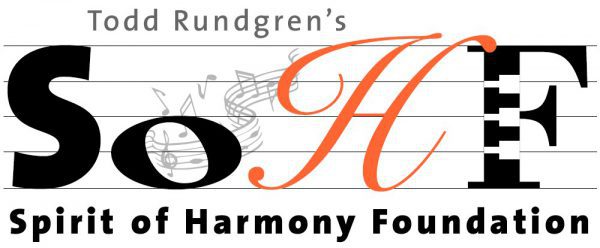The Spirit of Harmony is committed to helping music programs connect with the resources they need to be the best they can be. Ensuring that children, educators, volunteers, and family members are emotionally and physically safe during their music education experience is vital.
Essentially, Music Education is Youth Development work that involves parents and guardians entrusting a child to someone else’s care and supervision for a period of time. As such, it is important to check with local authorities (or sometimes your liability insurance carrier) for Best Practices and emergency plans that would apply to fire, natural disaster, serious illness or injury, or any other situation that could arise while children are in the care of a music program.
Schools, states, cities, businesses, professional groups, and nonprofit organizations have policies surrounding Child Protection and Code of Conduct, and it is the responsibility of anyone who works with youth to be fully informed of the policies that govern their interaction with children, and abide by those policies at all times and under all circumstances.
Please familiarize yourself and embrace any Child Protection and/or Code of Conduct policies in your own jurisdiction, and we highly recommend you do some additional research to broaden your awareness of the complexity of this topic. This is particularly important for independent music instructors or small nonprofit music programs that do not already have these types of policies in place, or have little or no professional training in youth development!
Quick List of Considerations
The process of creating a safe environment and thinking deeply about safety protocols is tremendously important. Being overly aware of risk is far better than being under-prepared, and thoughtful risk management is far better than crisis management! As the saying goes, “an ounce of prevention is worth a pound of cure.”
In the Spirit of Harmony’s ten years of working closely with every type of music program, large and small and in-between, we have learned that most music programs embrace a beautiful spirit of compassion and inclusivity, welcoming children and volunteers with open arms and non-judgment. However, unless a program is part of a large organization or school, adults working with children rarely have training in generally accepted Youth Worker safety protocols.
If your program does not already have policies surrounding these questions, it is not our intention to dictate policy, but to ask music programs to please consider:
- Before any adult drops a child off for a music lesson, do you have numerous ways to contact the child’s parent or guardian in case of emergency, and at least two alternate contacts?
- Know in advance exactly who is allowed to pick up a child after a lesson and who is allowed to have any information about a child (including whether the child is present at your location at a particular time).
- Have a strict policy in place regarding dangerous items (weapons, drugs, animals, etc.) that might be carried into your location by a child or adult.
- Avoid one-on-one sessions where an adult and child are in a room alone together. If this cannot be avoided, be sure a door is left open, or that there are uncovered windows in the room. Many programs automatically video record every one-on-one session.
- For any special needs child participating in the program, be sure to understand exactly what those special needs are and what they might entail. Does the child need medications or do you need any medical knowledge to keep the child safe? Is the child a potential danger to themselves or others?
- Do you know the background of all adult volunteers? Do you want to require a background check before any adult is allowed to be in close contact with children in your program?
- Do you have a policy for who is allowed to enter your location (such as siblings or outside guests)?
- Are at least some of the adults at your location trained in basic First Aid?
- Do you have plans in place in case of fire, natural disaster, power outage, health crisis, violent situations, etc.?
- Do you want to consider a policy on appropriate clothing at your location?
- If food and snacks are offered in your location, are at least some of the adults knowledgeable about food safety and handling?
- Are all adults who work with children at your location instructed to promptly report any cause or suspicion of child abuse, so appropriate action can be taken?
Although it is not always pleasant to have these considerations and conversations, they will help your music program thrive in creativity and HARMONY!
Resources:
- 10 Safety Protocols for the Independent Music Teacher
- Child Safety at Your School
- Youth Preparedness Guide (download FEMA PDF)
- Safeguarding and Child Protection Policy (download PDF)
- Managing Risk in Youth Programs
- Risk Assessment Checklist
Some Excellent International Resources for Additional Information:
